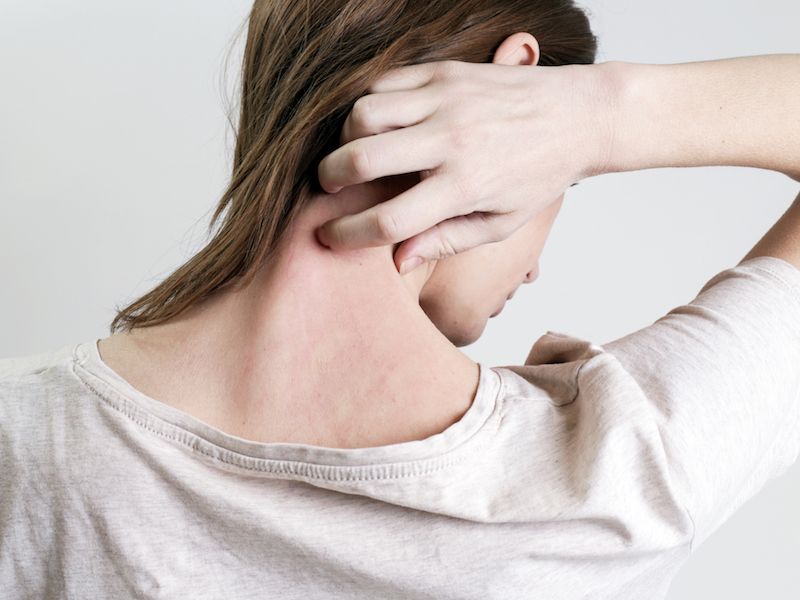
The word psoriasis commonly conjures up images of people with skin issues like the people on all those advertisements. Psoriasis affects your overall health and not just your skin. Psoriasis is commonly misunderstood and minimized, due to a lack of knowledge of how psoriasis impacts sufferers as well as the serious conditions that can be related to this disorder. Though plaques on the skin are its most apparent indicator, they’re indicative of what psoriasis can cause throughout the body: Continuous inflammation that can increase the chance of metabolic problems and cardiovascular disease.
Psoriasis is also connected to another problem according to a different recent study: Hearing loss. Published in The Journal of Rheumatology, The relationship between hearing impairment, psoriatic arthritis, and mental health were evaluated in this research. Psoriatic arthritis has an influence on the joints, and is a kind of psoriasis, causing pain, swelling, and difficulty moving. Sufferers may also suffer from psoriasis, but with psoriatic arthritis, it’s conceivable to have irritation without also having the tell-tale plaques.
With psoriatic arthritis, the body is basically targeting its own healthy tissue like it does with rheumatoid arthritis because they are all autoimmune diseases. But unlike rheumatoid arthritis, you could have psoriatic arthritis on only one knee because it’s asymmetrical, and that besides joints, it commonly targets sufferer’s nails (causing painfully swollen toes and fingers) and eyes.
Based on the findings of this recent study, hearing could also be impacted by psoriatic arthritis. The study compared the self-reported hearing loss of people who suffer from psoriatic arthritis, people who have psoriasis but not psoriatic arthritis, and a big control group of people who had neither condition. They found that hearing loss was more likely to be reported by the group that had psoriasis, and those reports were supported by audiometric testing. Even when other risk factors are taken into consideration, people diagnosed with psoriatic arthritis were significantly more likely to have hearing loss than either {psoriasis sufferers or the control group}.
But there is an evident connection between psoriasis, psoriatic arthritis and hearing loss. A 2015 study found that people who have been diagnosed with psoriasis are at a considerably higher danger of developing sudden sensorineural loss of hearing, also known as sudden deafness. The capacity to hear decreases substantially over three days or less with sudden sensoroneural hearing loss. It has several potential causes, but researchers theorize that individuals who have psoriasis are in greater danger as a result of the kind of fast inflammation that occurs during a flare-up of psoriasis symptoms. If this takes place in or near the cochlea, it might impair hearing. This type of hearing loss, in many cases, can be helped by treatments that relieve psoriasis., but hearing aids are often recommended when sudden deafness does not respond to other treatments.
If you suffer from psoriatic arthritis or psoriasis, it’s important to observe your hearing. Make regular hearing tests along with your yearly health-care appointments. The inflammation from these diseases can lead to damage of the inner ear, which can cause psoriasis and loss of balance. There are also connections between psoriatic arthritis and psoriasis, depression and anxiety, which can both exacerbate hearing loss. Other health concerns, like dementia, can be the outcome if you don’t detect loss of hearing early.
With early intervention, you can keep ahead of the symptoms by having your hearing checked periodically and working with your doctor, awareness is key. Neither hearing loss nor psoriasis should cause you to compromise your quality of life, and all the difference is having the proper team by your side.
